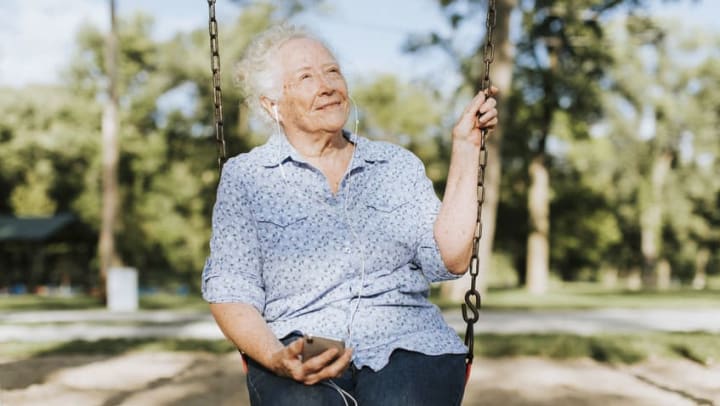
Most of us will readily acknowlege the power of music in our lives. While our individual tastes may differ, we have our favorite songs and delight to the memories they bring back to us. For individuals with dementia, music takes on added importance. This is often because music has the power to connect to those with dementia in ways that other sensory experiences may not.
According to the Alzheimer’s Association, studies show that music can lessen behavioral issues and even reduce levels of agitation, common among those struggling with dementia. This is true even as the disease enters later stages. While an individual may forget the identity of the person sitting next to them, they may still be able to tap their feet to a song they recall from their youth. Music can continue to communicate to us, even when verbal communication has become difficult.
What does this mean for family caregivers of loved ones with dementia? It means that there may be ways to engage and connect through music when your words can no longer reach them. Here are some tips to harness the power of music and use it in a positive way, giving it every chance of breaking through to your loved one:
The natural connection to music is powerful, even in later stages of dementia. As the Alzheimer’s Organization notes, Ashley Campbell, widow of country music legend, Glen Campbell, was able to stay connected with her husband through his music until the very end of his life. Music was such a major part of their lives and both of them found solace in the familiarity of sharing that music with each other and those around them. You can too!